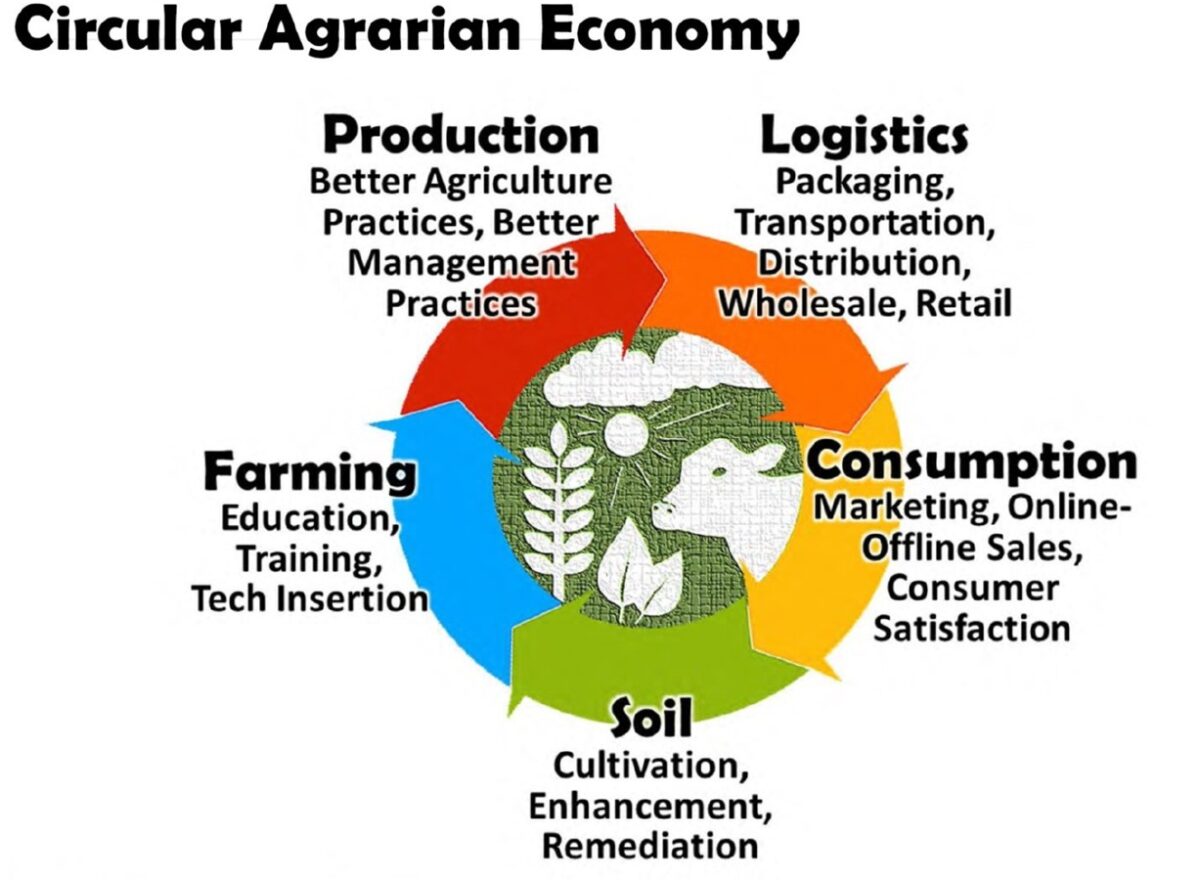It’s that time of the year again! Happy holidays!
Or are they?
If I said “Tis the season …”, would you finish with “to be jolly”?
Are the holidays a time of joy for you? If you’re like most people, holidays can also be a time of stress if not managed with intention. We can experience the full range of emotional notes – joy, fear, angst, anger, trepidation, pleasure, guilt, gratitude and more – creating a symphony of something approaching chaos.
As we try to live into a Hallmark movie version of life, it can often feel like we’re missing the mark. The expectation of perpetual joyful exuberance adds an element of pressure capable of bending the mightiest oaks to near-breaking points … or so it can seem.
The good news is that you can take control of your holiday experience. The first step is recognizing that navigating the holidays is a negotiation. In fact, all of life is a negotiation. And we get to choose how we negotiate it.
Are you interested in negotiating a better holiday season this year? If so, read on. This 3-part series is designed to help you navigate this sometimes perilous journey with ease so you can maximize your enjoyment of the season (even if crabby Aunt Jane pushes your buttons)!
Part I NEGOTIATING YOUR OWN MINDSET
Your first and most important negotiation is negotiating with yourself. Negotiating our mindset can be tricky as we typically haven’t trained ourselves to do this with intention. This is important always, and especially during the holiday season as holidays tend to bring up baggage for most of us. Some repressed, some not.
Here are just a few issues from the holiday blues hit list:
- Lost loved ones are felt more keenly during this time, bringing pain if not managed well.
- Past hurts resurface unexpectedly and can be toxic little poison darts leaking into our psyche if not addressed with intention.
- Feelings of ‘not enough-ness’ are particularly pesky as they try to niggle into our consciousness.
- Aspects of our lives that are not perfect can become magnified, whether it’s:
- no relationship,
- poor relationship,
- body image issues,
- career,
- finances,
- health,
- living arrangements
- or something in between
- Pet peeves can become exacerbated during this period of intensified emotion.
- Stress of scarcity mindset – i.e. not enough time; not enough money
It can sometimes feel as if you’re hosting simmering volcanoes of trembling nervous energy ready to blow.
You may be asking, “How can I negotiate my mindset?”
Here’s a few tips to kickstart the process …
Choose How You Want to Show Up
Decide how you want to show up during this holiday season. Recognize that how you show up is a choice you get to make. A simple and effective way to step into this powerful practice is to choose 3 words that describe how you want to show up – for yourself and in your interactions. Maybe it’s ‘present, engaged and peaceful’. Maybe it’s ‘joy, bliss and grace’. Maybe it’s ‘bold, excited and grateful’. There’s no right or wrong answer. Choose whatever resonates with you.
Print your 3 words on a sticky note and post them on the bathroom mirror (or somewhere you’ll see as you get ready for bed each night and wake up each morning). Read them aloud each morning and spend a moment to embody them. Consider how to implement them in your day. Each evening, take another moment to soak them in – let them percolate as you sleep to allow them to set in your subconscious.
You may also want to set the words to an alarm on your cell phone to go off midday (or at your typical lag time) to remind you to live into your chosen words.
If you find yourself being reactive during the day, that’s okay. You’re human. Don’t beat yourself up. Just take a moment to ground yourself. Pause. Take a deep breath. Breathe in your 3 words and find your way back.
If you want to take it a layer deeper, choose a ‘trigger’ so you can more easily and consistently implement your 3 words. For me, it’s a door jamb. Each time I enter my home, I touch the door jamb and briefly consider my 3 words, with intention, before I step over the threshold. That touchstone (or trigger) grounds me to be who I want to be with my family every day. To recognize it’s a choice. I leave the worries or stressors of work at the door. At the other end, I do the same thing. Going into the office, I touch the door jamb and consider the 3 words to represent how I want to show up in that environment. I leave the ‘wife’ and ‘mother’ behind and show up fully present in my work role.
Find a trigger that works for you. Some people choose to touch their heart or head, or squeeze their fist. Whatever works for you. The goal is simply to bring intention to choose how you show up.
Set an Intention
In addition to setting an intention about how you want to show up, I invite you to set an intention about what you want to get out of the holiday experience. You can’t hit a fuzzy target, so get clarity about what your ideal holiday season looks like. This helps stay on track to maximize enjoyment and enhance your experience. It allows you to ground yourself in the elements that most fulfill you.
When we don’t approach the holidays with intention, it’s easy to get caught up in the whirlwind storm of commercialism and a ‘more, more, more’ mentality that can leave us feeling hollow and dissatisfied. Or we can get sucked into the abyss of comparison, always finding ourselves falling short against some imaginary unattainable standard.
By contrast, if your intention is to spend quality time with family and/or friends, you can focus on making time for those people you want to spend time with, embracing the experience rather than focusing on the ‘things’. If cooking a full turkey spread stresses you out, do pizza. If high end hostess skills leave you sweating, take a pass, do simple, and focus on being fully present instead.
Recognize the Gift of Gratitude
Adopt a gratitude practice. It’s impossible to feel anger, resentment, hurt or stress in a state of gratitude. It’s easier to get there than you’d think. You can do this anytime, but implementing a routine each morning and/or evening, where you consider 3 things you’re grateful for in that moment, is an easy way to set a positive tone for embracing the holidays.
No matter how dire circumstances may appear, there will always be things you can be grateful for in life. On your worst days, you are still likely better off than so many around the world. Start with simple things. It can be as basic as the feel of the wind against your face or the warmth of the sun through the window. Maybe it’s taking a moment to appreciate the majesty of ice-covered branches. Or perhaps a tender thought for someone in your life.
It only takes a few moments to allow yourself the gift of gratitude. Making it part of your daily routine (always and especially during the holidays) will enhance the quality of your life.
Choose Your Reactions
You can’t control everything that happens around you during the sometimes-frenzied holiday season, but you can control how you react to it. Here’s a favourite quote of mine on this idea:
Between stimulus and response there is a space.
In that space is our power to choose our response.
In our response lies our growth and our freedom.
Choose your reactions with intention. This may take some practice if your lifelong conditioning is to give in to knee-jerk reactivity, but it’s well worth mastering this powerful practice.
For example, you can choose grace, forgiveness and joy over anger, resentment and hurt. This is true even (and especially) in family dynamics where old habits can cause easy patterned triggers of reactivity. Instead choose an emotional reaction that best serves you. Create the space to choose your reaction. Remind yourself that it’s ultimately a choice.
Hope these tips help you to better negotiate your mindset so you can seize control of your holiday experience. If you want a deeper dive on how to negotiate your mindset in life, feel free to grab a copy of my free ebook Negotiating Your Mindset.
Be sure to check out next week’s article for Part II of the series. We’ll be tackling how to Negotiate Your Environment. And share this series with anyone in your life who could benefit from a survival toolkit on how to negotiate the holiday season.












